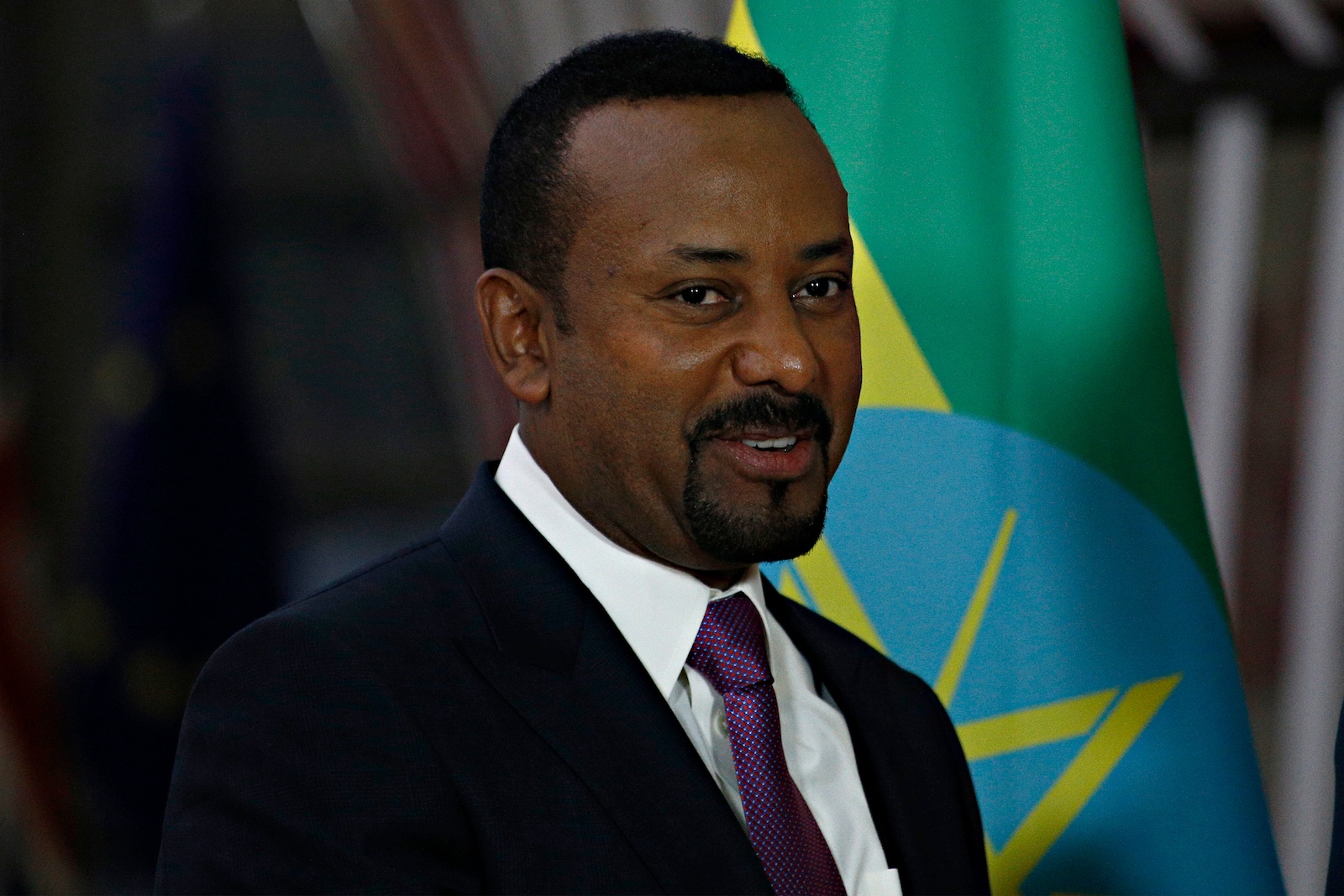
Ethiopia Secures a Lifeline from the IMF
Ethiopia has clinched a pivotal $3.4 billion bailout from the International Monetary Fund (IMF), a move aimed at bolstering economic reforms over the next four years. The deal, which grants Ethiopia an initial disbursement of approximately $1 billion this month, comes as the country grapples with the long-term repercussions of its two-year civil war in the Tigray region.
A cornerstone of securing this financing—a sum that could expand to $10.7 billion from international financial institutions—was Ethiopia’s decision to abandon its longstanding policy of pegging its currency, the birr, to the U.S. dollar. This policy shift, though anticipated, led to a dramatic 30% devaluation of the birr, from 57.48 to 74.73 against the dollar within days. The steep devaluation has stoked fears of exacerbating inflation and further straining the cost of living for Ethiopians.
This policy shift mirrors actions taken by the Egyptian government earlier this year, which allowed its currency to depreciate nearly 40% to secure an $8 billion IMF bailout. To cushion the blow from such a drastic economic transition, Ethiopia’s government, led by Prime Minister Abiy Ahmed, has pledged state support, promising subsidies for essential goods such as food, medicine, and energy to shield vulnerable populations.
Since ascending to power in 2018 as a member of the Oromo Democratic Party (ODP), Ahmed has pursued a broad economic reform agenda, highlighted by the large-scale privatization of state-owned enterprises and the liberalization of sectors previously under tight government control. While the government maintains majority ownership in critical industries like aerospace and telecommunications, it has loosened its grip on sectors such as commodities, manufacturing, tourism, and infrastructure, allowing varying degrees of privatization.
In a bid to further invigorate the private sector, Ahmed announced plans in 2018 to launch Ethiopia’s first stock exchange, set to open in 2024. Coupled with policies to permit foreign investment in domestic banks, these initiatives aim to reverse a growth trend that has faltered since 2015.
However, the IMF’s support comes with familiar strings attached. Criticism of IMF-mandated austerity measures has intensified, particularly in light of recent unrest in Kenya over President Ruto’s adherence to IMF guidance on tax increases and spending cuts. Nonetheless, the IMF’s plan for Ethiopia appears more balanced, emphasizing inclusive and sustainable growth, and prioritizing the strengthening of social safety nets to mitigate the impact of reforms on vulnerable households.
A significant increase in funding for the targeted cash transfer program, known as the Productive Safety Net Program (PSNP), is a key component of this approach. This boost will enable the Ethiopian government to provide short-term support before gradually scaling back assistance.
Given the government’s commitment to economic modernization, this eighth round of IMF funding is expected to attract additional financing from development partners and global markets, facilitating the restructuring of Ethiopia’s $28.4 billion external debt. Payments on this debt have been on hold since 2021 due to the Tigray conflict.
Ethiopia’s debt-to-GDP ratio, once over 100%, has fallen to just 30% as of 2024, making the nation one of Africa’s least indebted, given its size. If Prime Minister Ahmed can steer Ethiopia’s growth trajectory back on course, the country could emerge as one of the region’s most promising markets, especially in light of the instability afflicting its neighbors.
While Ethiopia faces significant challenges—including the pressures of being a landlocked nation with a rapidly growing population now exceeding 120 million—Ahmed’s ability to navigate crises and foster regional cooperation offers a glimmer of optimism. His historic meeting with Eritrean President Isaias Afwerki in 2018, which ended a two-decade-long frozen conflict and reopened access to the Red Sea ports of Massawa and Assab, was a milestone that earned him the 2019 Nobel Peace Prize.
Despite these achievements, expectations for Ahmed were high following his meteoric rise to power and the promises of his election campaign. His tenure has been marked by setbacks, including the COVID-19 pandemic and the devastating war in Tigray, which only abated in late 2022. With these challenges now largely in the past, there is hope for deeper reforms and greater liberalization ahead of the 2026 elections.
While Ethiopia has made strides in areas such as press freedom, rising 50 places in the 2019 World Press Freedom Index, the country still grapples with issues like media repression, with Ethiopia named Africa’s worst jailer of journalists in 2021. The government’s control over digital access, including periodic internet shutdowns, has also drawn criticism, even as Ethiopia undergoes rapid digitalization.
Compared to many of its regional peers, Ethiopia is on a positive trajectory. However, it must continue to build on recent reforms to strengthen its institutions and expand its middle class. Ahmed, while a capable leader, must guard against the risk of democratic backsliding—a fate that has befallen many ‘liberal populists’ turned strongmen across the continent. The stakes are high, and Ethiopia’s path forward remains fraught with both challenges and opportunities.
